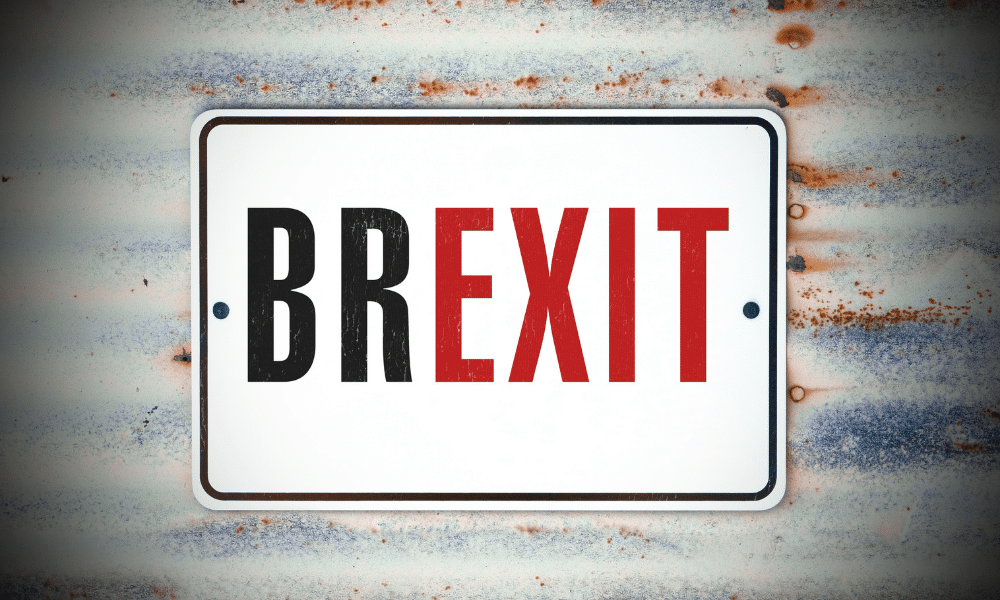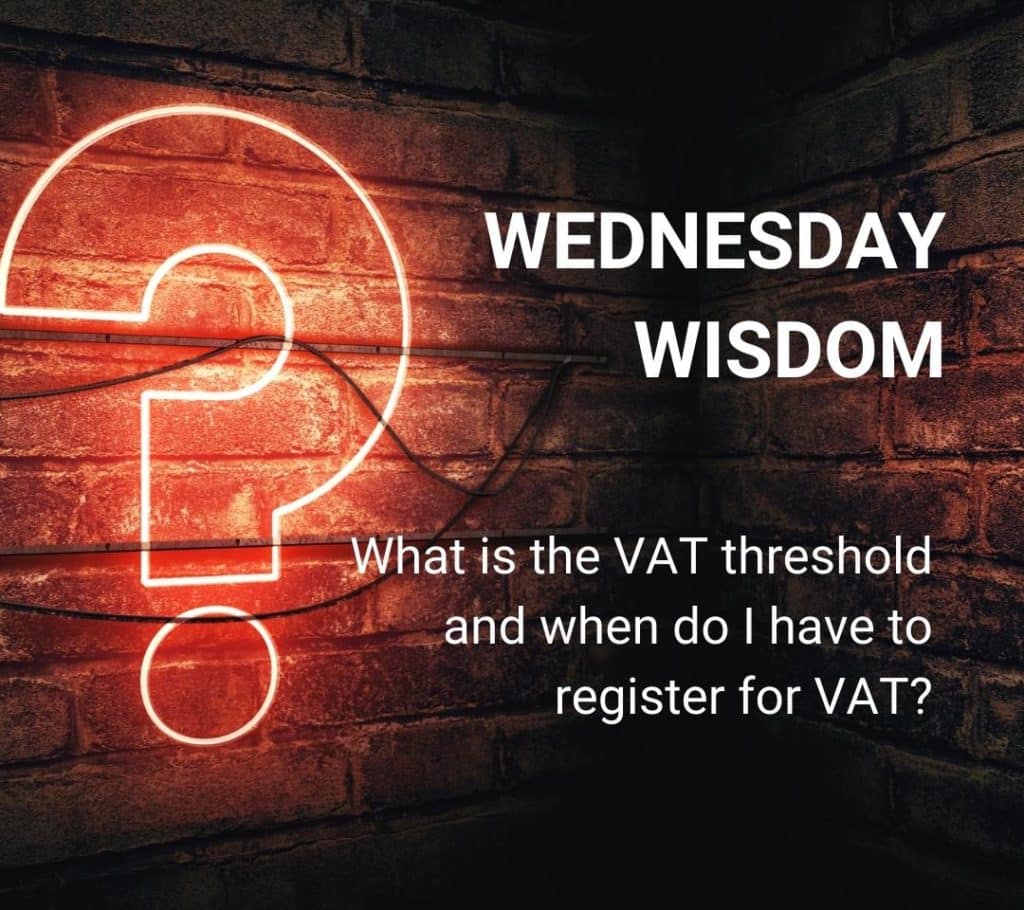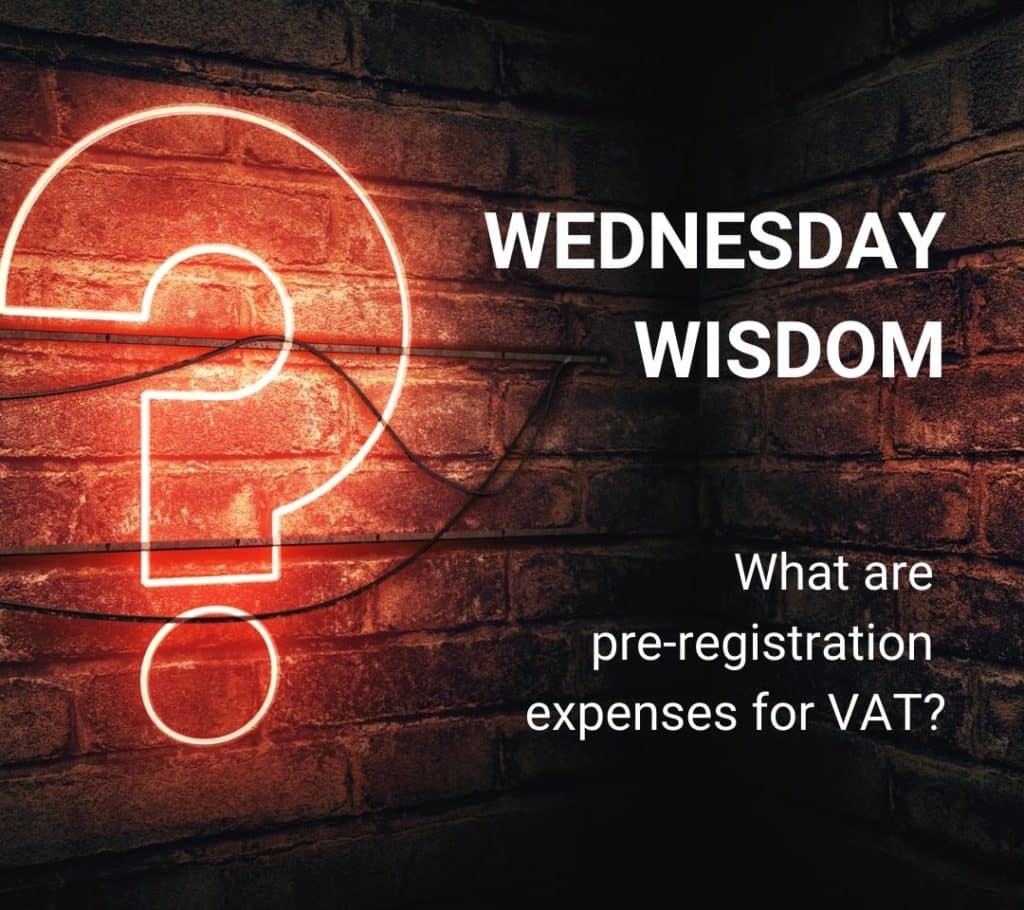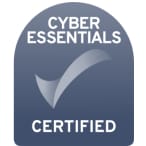Many of you are asking… What does that actually mean?
Well I wish there was a nice, quick, easy answer to that, but the truth is that there are many tiny details and complexities and to give you a blanket summary would probably be more misleading than helpful.
We have pulled together the most common questions that you are asking us, but please note that each person and business may have slightly different circumstances, so we have had to be reasonably broad with our answers.
If you think we have missed a key question do let us know.
Q1. Where should I look for updates and information on all the changes?
This will depend on which aspects you believe are relevant to your circumstances but in general:
Updates from HMRC – They have tried to get as much information out there as possible and in various formats
The easier to digest formats are :
- Their Youtube channel
- Their online checklists
- Their webinars on relevant topics
- If you have concerns over your residency, the place you live and/or work or the country you are from then it would be best to speak to an immigration specialist
Q2. I understand that as a Free Trade Agreement (FTA) was reached with the EU, no customs duties are payable on goods imports from and exports to the EU?
If it was only that simple. Whilst the FTA means that most movements of goods between the UK and EU will not have customs duty on them, duty could still be payable if the goods originate from outside of the UK or EU (or even if they comprise of components from outside the UK or EU). This is a complex area where principle has got in the way of practicalities. There is a 12–month transition phase with reduced reporting.
All goods moving between the UK and EU will require some form of customs declarations, so more red tape and cost. However, between 1 January 2021 and 30 June 2021 these declarations can be postponed.
Typically, a UK business will be the exporter of the goods from the UK. As the exporter, the seller must ensure that export declarations are lodged with UK Customs and that any necessary export licences are obtained for controlled goods. The reverse will be true where you are purchasing goods from the EU.
Most SME’s will use a freight forwarder to handle the customs paperwork. The most important information to collate is to get the origin, value and identification of the goods right so that you pay the correct (including no) customs duty.
Q3. I am importing goods from the EU, when do I pay the VAT and any duty payable?
The existing rules for imports from non-EU countries now apply to imports from the EU, but with some changes. The UK government has introduced ‘postponed accounting’ for import VAT on goods brought into the UK with effect from 1 January 2021. This means that UK VAT registered businesses importing goods to the UK will be able to account for import VAT on their VAT return, rather than paying import VAT on or soon after the time that the goods arrive at the UK border. This will give a cashflow benefit.
This important relaxation applies to imports from the EU and non-EU countries. Postponed accounting can be used by all VAT registered business in the UK and no separate application is required.
However, customs declarations and the payment of any other duties will still be required. Customs duty (tariffs) will apply to some goods and excise duties will continue to apply to tobacco, alcohol and certain energy products.
Customs and excise duty payments can be deferred to be settled monthly with a duty deferment account. Businesses need to register with HMRC to open a duty deferment account and will need to provide a bank guarantee.
From 1 January 2021, VAT on imported goods with a value of up to £135 is collected at the point of sale not the point of importation. This means that UK supply VAT, rather than import VAT, will be due on these items.
Business-to-business sales not exceeding £135 in value are also be subject to the new rules. However, where the business customer is VAT registered and provides its registration number to the seller, the VAT will be accounted for by the customer by means of a reverse charge.
Q4. How do I record postponed VAT accounting on my Return?
The following entries will be required:
- Box 1 – VAT due on sales and other outputs: Include the VAT due in this period on imports accounted for through postponed VAT accounting.
- Box 4 – VAT reclaimed on purchases and other inputs: Include the VAT reclaimed in this period on imports accounted for through postponed VAT accounting.
- Box 7 – Total value of purchases and all other inputs excluding any VAT: Include the total value of all imports of goods included on your online monthly statement, excluding any VAT.
Q5. What happens now with VAT on sales from the UK to the EU?
There are limited changes on VAT on services for Business to Business (B2B) transactions after the UK leaves the EU VAT regime. . If you’re supplying services from the UK that come under use and enjoyment rules and are effectively used and enjoyed outside the UK, they will be outside the scope of UK VAT (Note that the reverse charge will still apply for services purchased from the EU when completing your VAT Return). The main impact is therefore on the sale of goods.
For UK purposes all sale of goods from the UK to the EU will be treated in the same way as exports to a non-EU State, so can be zero rated for UK VAT purposes. That’s the easy part.
On the EU side, these sales will be subject to import VAT on arrival. The VAT has to be calculated on the cost of customs duties and transport to the state in question as well as the actual goods value.
The question will then be who is responsible for dealing with the VAT (and customs clearance and any duty) on import into the EU?
The responsibility for completing declarations, paying any duties and import VAT is dictated by the international commercial ‘INCOTERMS’ contained within the terms and conditions of the contract with your customer. Common INCOTERMS you will hear are Delivered Duty Paid (DDP) and Delivered at Place (DAP). The one to watch is DDP where the seller takes on the responsibility and will require you to VAT register in the EU state you are importing to. We have noted that some EU customers have been pushing for their UK suppliers to use these terms. If you are not already familiar with these terms your freight forwarder will be able to give guidance.
Q6. I sell directly to a consumer in the EU so is that any different?
The basic principles are the same; for UK purposes you are making a zero-rated sale but on the EU side, these sales will be subject to import VAT (and duty) on arrival.
This may mean that the customer has their goods held at customs until they pay the import VAT.
If you sell through a website you will need to make sure that your terms are amended and that the VAT element is correctly calculated in your checkout.
Q7. Could this put my EU customer off from buying from me?
Some freight carriers are prepared to manage the importation into the EU of packages for EU consumers and potentially pay the import VAT on your behalf so that deliveries can be made after payment of the import VAT. The freight courier will then charge the supplier for the VAT paid (plus and admin fee). This removes the cost and the burden from the customer. However, it comes at an additional cost and can be prohibitive depending on the value of the package.
Again, you may need to increase both your prices and your delivery charges on your website to cover these additional costs.
Q8. I thought that there were de minimis limits that meant my products were exempt from EU VAT and Duty?
From 1st January 2021, EU Distance Selling Thresholds will no longer apply to UK to EU sales. This is the Euro 35,000 or 100,000 threshold per EU country that exempts a supplier in one Member State from registering for VAT in another Member State in which it makes sales to a consumer.
EU is planning to introduce a number of measures that impacts upon ecommerce throughout the EU but this is not due to be introduced until 1st July 2021. From this date you may be able to use a new scheme where you send packages with an intrinsic value of less than €150 directly from outside the EU to end-consumers in an EU country. The rules are complex and we will cover these in a separate release.
In the meantime, for the period from 1 January to 30 June 2021, parcels with a value of €22 or less can continue to be delivered to consumers within the EU VAT-free and with a value of €150 or less, free of duty.
Q9. My position is different in that I sell through a marketplace rather than my own website?
From 1 July 2021 EU marketplaces facilitating sales to EU consumers will become responsible for the VAT on the third-party supplier’s behalf so if selling products through such marketplaces, the VAT will be taken care of at the point of sale by the marketplace provider. The UK has introduced similar rules but confusingly from 1 January 2021.
So theoretically if you are selling through an EU marketplace, you may not need to worry about the VAT compliance in any EU jurisdiction. However, if you hold stock for fulfilment in the EU (as some marketplaces will require) this will require an EU VAT registration in the Member State where the stock is located.
Q10. So do I just bite the bullet and register for VAT in at least one EU country?
For some businesses that may be the best solution out of a number of undesirable options. You will need to take further advice and consider your supply chains and where your customers live should you wish to consider this route.
Q11. At least I don’t have to fill in Intrastat returns anymore?
Unfortunately not. They are still required for 2021 for imports into GB from the EU, but they will not be required for exports to the EU. The Government still want to collect the statistics.
Q12. What are EORI numbers that I am now being asked for?
Many business that already import and export with the EU will have applied and received these numbers.
Economic Operator Registration Identification (EORI) numbers are unique numbers businesses use to identify themselves to customs authorities report in customs declarations and similar import or export documentation.
If you are importing or exporting into the UK, you will need a ‘GB’ prefixed EORI number. Without a valid EORI number, your goods will not clear through customs. However, the application process is quick and simple.
If you are (rather than your customer) importing into the EU then you will also need an EU EORI number.
Q13. I don’t make or sell a physical product, so none of this applied to me right?
Well… perhaps. If you are a service provider, for example you are provide branding or marketing or architecture services then the changes to the treatment of physical goods do not impact your sales.
But its worth noting that:
- If you design a product, will not be the end manufacturer but will have some prototypes made and shipped to clients for approval – they will be caught by the new process.
- If you import some material from the rest of the world, say China and then sell a finished product into the EU you may also get caught.
- If you sell a digital product – something that is downloaded such as software or eBooks and courses, you may also be caught by the changes – see question 15.
Q14.What about the 0% reverse charge – does that stop now we are out of the EU?
No – it continues.
Reverse charge is processed by the purchaser of the service. So a UK company buying services from outside the UK will continue to apply the reverse charge. Similar to the way a Germany company purchasing services from a UK company will continue to apply the reverse charge (although from the UK company perspective it records no VAT as outside the scope – but this is the same as before).
So, no real change here at all.
Q15. What changed for UK and EU digital services providers?
From 1 January 2021, for UK businesses supplying digital services to non-business customers in the EU, the ‘place of supply’ continues to be where the customer resides. VAT on those services is due in the EU member state in which the customer resides. The £8,818 annual threshold for cross borders sales of digital services to EU consumers no longer applies.
Businesses will have to charge VAT at the rate where the customer is based and declare those sales to the relevant EU member state.
You can no longer use the Mini-One-Stop shop (MOSS) single VAT return with HMRC to report sales to EU consumers and pay over EU VAT. You must register for the VAT MOSS non-union scheme in an EU member state. For businesses wanting to continue using MOSS, they must register for the scheme by the 10th day of the month following their first sale after the UK leaves the EU. For example, register by 10 February 2021 if a sale is made in January 2021.
UK businesses were only be able to register after 31 December 2020.
Alternatively, businesses can register in each EU Member State where they make sales.
The sale of B2B digital services will continue to follow the standard sale of B2B service regulations
Q16. How has our departure from the EU impacted on the data protection regulations?
The UK is now deemed a ‘third country’ by the EU and so will require an adequacy decision to continue personal data transfers from the EU/EEA. However, the EU-UK Trade and Cooperation Agreement contains a bridging mechanism that allows the continued free flow of personal data from the EU/EEA to the UK after the transition period until adequacy decisions come into effect, for up to six months.
Transfers of personal data from the UK can therefore continue as before.
However, this is a temporary arrangement and if this is relevant to your circumstances detailed information is available from the Information Commissioner’s Office.
Q17. How has our departure from the EU impacted upon business travel?
Before 1 January 2021 freedom of movement between the UK and the EU meant there was a limited process required for short-term business visits, aside from the practicalities of booking plane tickets and accommodation.
In many cases, the only change will be to ensure you do not exceed the ‘90 days in any 180-day’ period limit and businesses will need to have a method to track this. Business meetings, for example, are allowed without a visa, as are attending conferences, but not directly selling to the public. As with any business travel, it pays to ensure you have your activity, accommodation and return flight details to hand to ensure any questions can be answered with ease, along with the standard six months on your passport and adequate travel and medical insurance.
Situations where a visa is required are set out in the agreement, it is an extensive list. Broadly if you are going to physically going to work in the EU (or Norway) to fulfil a contract then you will need a work permit. The start point will be the Embassy website for the EU state.
Q18. I hold registered EU trade marks, what happens with them after 1 January 2021?
On 1 January 2021, The UK IPO created comparable UK trademarks for every registered EU trade mark (EUTM). Each of these UK rights will:
- be recorded on the UK trade mark register
- have the same legal status as if you had applied for and registered it under UK law
- keep the original EUTM filing date
- keep the original priority or UK seniority dates
- be a fully independent UK trade mark that can be challenged, assigned, licensed or renewed separately from the original EUTM
Q19. I have been set an email about signing up for something under new regulations, how do I know if its legit?
As with anything new there is room in the confusion for scammers to take advantage.
Stay vigilant about scams, which may mimic government messages as a way of appearing authentic. Search ‘scams’ on GOV.UK for information on how to recognise genuine HMRC contact. You can also forward suspicious emails claiming to be from HMRC to [email protected] and texts to 60599.
Q20. This is all very complicated, I’m only a small business, if I don’t make any changes what’s the worst that will happen?
It is a pain and also a bit dull but this is the world we live in now. Even if you are small, the processes are now set and will be applied to you. If you do not identify and make the required changes you could find yourself in some bother. The pains you may experience could range from fines and penalties for non compliance to customer complaints and lost revenue because products have not arrived or been delayed. All of this is avoidable and once you know the new system and have taken steps to address the changes relevant to you, although there may be extra time involved, your business can continue to run without serious issue. It will have to be addressed at some point so it’s better to do it before you get into a mess.
If you would like any further information on the latest guidance on Brexit. Then please get in touch with a member of the WardWilliam’s Creative team and we will be able to assist.








